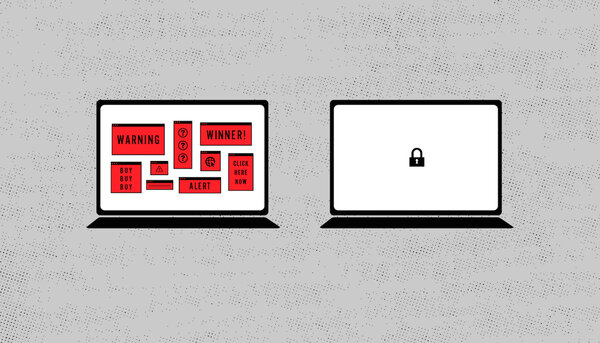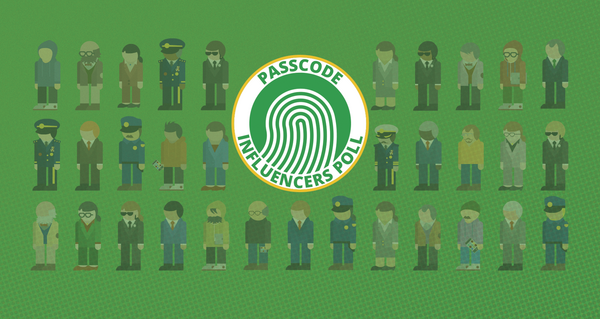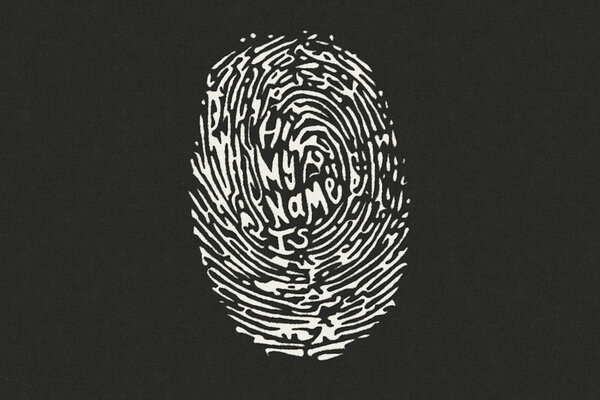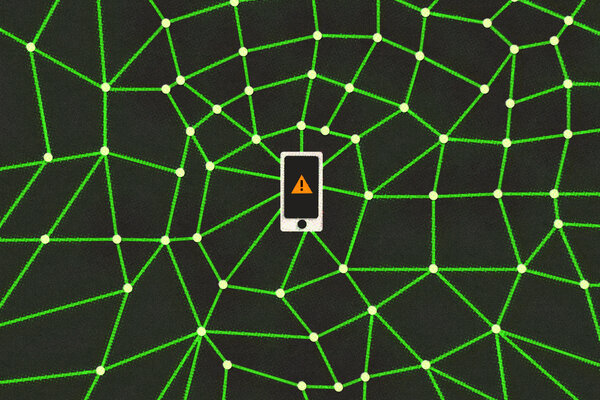All Passcode
 Silicon Valley begins putting cyberbullies in the crosshairsWith the rate of digital bullying increasing, tech firms escalate efforts to build automated tools that can detect and flag online harassment.
Silicon Valley begins putting cyberbullies in the crosshairsWith the rate of digital bullying increasing, tech firms escalate efforts to build automated tools that can detect and flag online harassment. A more connected military means new battlefield glitches, tooWith its $52 million initiative to vastly expand connectivity and technology on the front lines, the US Army knows it may also give enemies new digital targets to hack or manipulate. Is it up for the challenge?
A more connected military means new battlefield glitches, tooWith its $52 million initiative to vastly expand connectivity and technology on the front lines, the US Army knows it may also give enemies new digital targets to hack or manipulate. Is it up for the challenge? Will your website lose 'secure' status from Google? Here's a quick fix.Namecheap is stepping up to offer free replacements for SSL certificates—issued by other vendors—that will be nullified by Google Chrome developers.
Will your website lose 'secure' status from Google? Here's a quick fix.Namecheap is stepping up to offer free replacements for SSL certificates—issued by other vendors—that will be nullified by Google Chrome developers. Opinion: How to counter the Kremlin's hacking playbookIn an age of hacking and fake news, governments and private companies must join forces to stop Russian disinformation.
Opinion: How to counter the Kremlin's hacking playbookIn an age of hacking and fake news, governments and private companies must join forces to stop Russian disinformation. The economics of trust in digital servicesWhen it comes to personal data, trustworthiness can affect a business's bottom line
The economics of trust in digital servicesWhen it comes to personal data, trustworthiness can affect a business's bottom line Podcast: Life as a teenage hackerPaul Vann, the 14-year-old chief executive officer of VannTechCyber, and his father, Raytheon's Paul Vann, join this episode of The Cybersecurity Podcast.
Podcast: Life as a teenage hackerPaul Vann, the 14-year-old chief executive officer of VannTechCyber, and his father, Raytheon's Paul Vann, join this episode of The Cybersecurity Podcast. The hackers trying to build a hack-proof operating systemA team of Canadian security researchers is set to unveil a computer operating system called Subgraph designed to protect its users from the most common types of digital attacks.
The hackers trying to build a hack-proof operating systemA team of Canadian security researchers is set to unveil a computer operating system called Subgraph designed to protect its users from the most common types of digital attacks. What keeps cybersecurity experts up at night?For Passcode’s last Influencers Poll, we asked an open-ended question: What’s the most urgent cybersecurity or privacy challenge right now, and what’s one way to fix it?
What keeps cybersecurity experts up at night?For Passcode’s last Influencers Poll, we asked an open-ended question: What’s the most urgent cybersecurity or privacy challenge right now, and what’s one way to fix it? What Benjamin Franklin can teach us about cybersecurityAdvances in communication like Franklin’s postal service and today’s Internet can help topple regimes — and also erode privacy. Tools like WhoIsGuard offer the anonymity of a Post Office Box.
What Benjamin Franklin can teach us about cybersecurityAdvances in communication like Franklin’s postal service and today’s Internet can help topple regimes — and also erode privacy. Tools like WhoIsGuard offer the anonymity of a Post Office Box. Want to fix cybersecurity? Think about worst-case scenarios firstScenario thinking sketches out future cybersecurity problems and helps policymakers begin addressing tomorrow's digital dilemmas.
Want to fix cybersecurity? Think about worst-case scenarios firstScenario thinking sketches out future cybersecurity problems and helps policymakers begin addressing tomorrow's digital dilemmas. Industrial control systems: The holy grail of cyberwarRegulators and utility industry leaders need to wake up to the risks that could let malicious hackers cause widespread physical damage to the grid and other critical infrastructure.
Industrial control systems: The holy grail of cyberwarRegulators and utility industry leaders need to wake up to the risks that could let malicious hackers cause widespread physical damage to the grid and other critical infrastructure. How to reform the outdated federal anti-hacking lawThe more than 30-year-old Computer Fraud and Abuse Act carries overly harsh penalties for trivial digital transgressions – and it needs to be completely overhauled (or abolished altogether).
How to reform the outdated federal anti-hacking lawThe more than 30-year-old Computer Fraud and Abuse Act carries overly harsh penalties for trivial digital transgressions – and it needs to be completely overhauled (or abolished altogether). Estonia's lessons for fighting Russian disinformationThe Baltic nation has long had an adversarial relationship with its Russian neighbor. As a result, its press and public have become adept at recognizing and debunking Kremlin propaganda.
Estonia's lessons for fighting Russian disinformationThe Baltic nation has long had an adversarial relationship with its Russian neighbor. As a result, its press and public have become adept at recognizing and debunking Kremlin propaganda. 15 under 15: Rising stars in cybersecurityThe Christian Science Monitor's Passcode traveled across the country to meet these hacker kids who are hunting software bugs, protecting school networks, and helping to safeguard electrical grids.
15 under 15: Rising stars in cybersecurityThe Christian Science Monitor's Passcode traveled across the country to meet these hacker kids who are hunting software bugs, protecting school networks, and helping to safeguard electrical grids. How technology tramples on freedomRapid advances in biometric technology mean the public is surveilled – and their movements recorded – more than ever before. If this technology spreads without limits, it could soon impinge on basic rights.
How technology tramples on freedomRapid advances in biometric technology mean the public is surveilled – and their movements recorded – more than ever before. If this technology spreads without limits, it could soon impinge on basic rights. A hacker's guide to fixing automotive cybersecurityThe security researcher known for hacking a 2014 Jeep Cherokee, leading to a 1.4 million-vehicle recall, outlines how automakers can keep connected cars safe from cyberattacks.
A hacker's guide to fixing automotive cybersecurityThe security researcher known for hacking a 2014 Jeep Cherokee, leading to a 1.4 million-vehicle recall, outlines how automakers can keep connected cars safe from cyberattacks. How Washington evaluates software vulnerabilitiesThe US government keeps some security flaws for itself. We take a look inside the secretive process to decide which ones to keep - and which ones to reveal to tech companies.
How Washington evaluates software vulnerabilitiesThe US government keeps some security flaws for itself. We take a look inside the secretive process to decide which ones to keep - and which ones to reveal to tech companies. Passcode signs offThe Monitor’s cybersecurity and privacy project ends March 31.
Passcode signs offThe Monitor’s cybersecurity and privacy project ends March 31. The Cybersecurity PodcastPasscode and New America have a podcast featuring the leaders and thinkers of cybersecurity.
The Cybersecurity PodcastPasscode and New America have a podcast featuring the leaders and thinkers of cybersecurity. How to improve your digital securityWant to control your own digital security? There’s a wide array of options for secure messaging apps, email services and browsers that help you do-it-yourself.
How to improve your digital securityWant to control your own digital security? There’s a wide array of options for secure messaging apps, email services and browsers that help you do-it-yourself.



